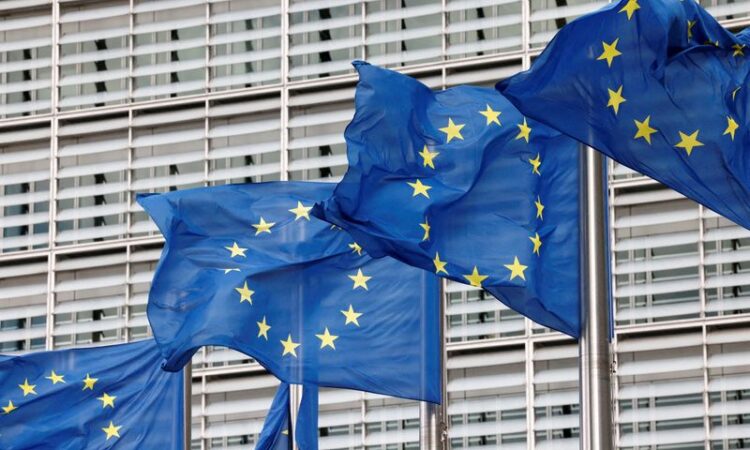
BRUSSELS (Reuters) – The European Union urged Kosovo on Saturday to allow for a longer transition period phasing out old Serbian license plates still in use by the ethnic Serb minority in the country.
Kosovo said on Friday it would delay a rule to confiscate cars owned by ethnic Serbs who refuse to use local car plates following criticism by Western countries that such a move may aggravate ethnic tensions.
Kosovo has attempted a few times this year to require its Serb minority to change their old car plates that date before 1999 when Kosovo was still part of Serbia. However, this move has been met with strong and sometimes violent resistance by local Serbs who live in the northern part of the country.
The last deadline was Nov. 1 when around 10,000 motorists had to switch their old car registrations.
The European Union said Kosovo had the right to phase out the old car plates and had taken a step in the right direction, but that an agreement from 2016 foresaw a 12-month timeframe for the process which had not been followed.
“Kosovo should allow for a longer transition period,” said Nabila Massrali, spokesperson for foreign affairs and security at the European Commission.
“This has been the consistent advice of Kosovo’s closest partners, including the EU and the U.S., it is disappointing to see it has not been followed,” she added.
Massrali urged all parties to maintain calm, exercise restraint and “avoid any actions or rhetoric that could jeopardise the stability on the ground, particularly in the north of Kosovo.”
On Friday, Kosovo Prime Minister Albin Kurti said the phasing-out would be implemented gradually.
He said drivers would first be given warnings for three weeks, then be fined for a period of two months, followed by a period of temporary car plates. If they do not change their plates by April 21, their vehicles will be confiscated.
Kosovo declared independence in 2008 but around 50,000 ethnic Serbs who live in the northern part of Kosovo refuse to recognize Pristina’s authority and still consider themselves a part of Serbia.
(Reporting by Sabine Siebold; Editing by Chris Reese)






